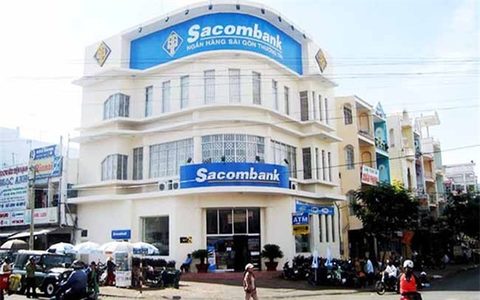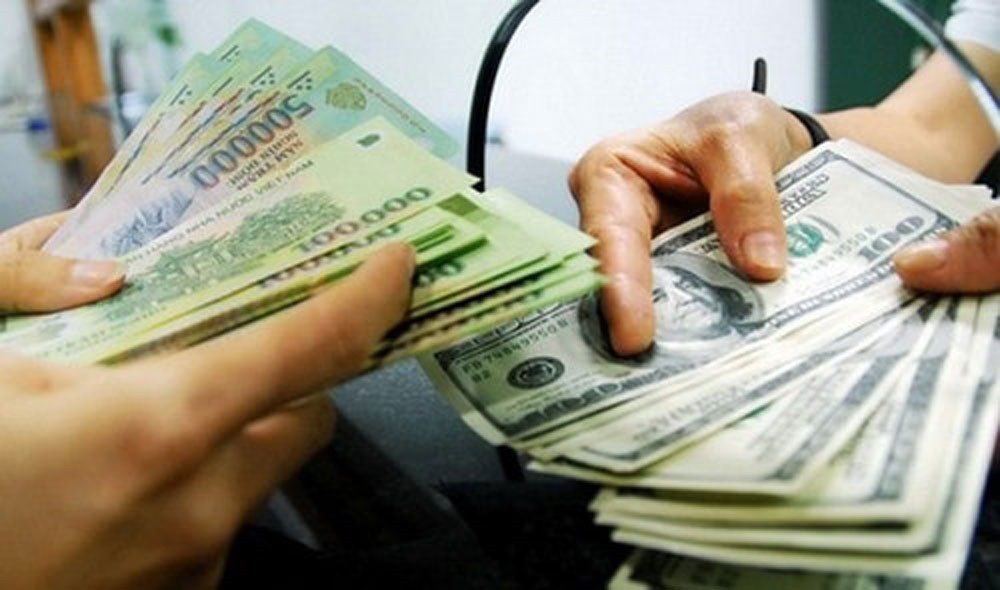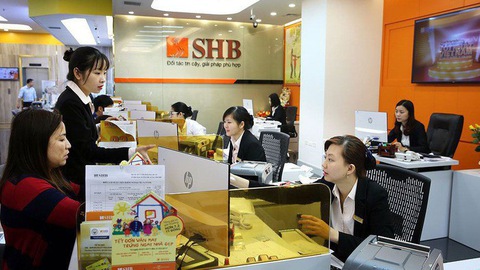
HÀ NỘI – The Việt Nam Steel Association (VSA)’s member enterprises suffered a strong reduction in production and business in the first quarter of this year due to the COVID-19 pandemic.
In the first quarter, VSA member enterprises recorded a plunge of 15 per cent in steel output to 5.4 million tonnes and 20 per cent in consumption to 4.4 million tonnes year-on-year.
Meanwhile, steel exports reached 300,000 tonnes, a reduction of 38 per cent from the same period last and 21 per cent compared to December 2019, according to the association.
VSA vice-chairman Trịnh Khôi Nguyên said the COVID-19 pandemic is having a significant impact on the domestic steel industry because steel producers depend on importing input materials from China. Trading activities between Việt Nam and China have greatly slowed and have even been temporarily suspended due to the disease.
The Việt Trung Metallurgy and Mineral Co, Ltd (VTM) is the most severely affected company among members of the Việt Nam Steel Corporation (VNSTEEL) due to the pandemic.
VTM is located near the Việt Nam-China border and depends on trade between the two countries. Most of VTM's raw materials and equipment are imported from China, meaning all the firm's trading activities are now stagnant and its coal inventory is insufficient to meet the demand for steel production.
The Việt Nam-Italy Steel Joint Stock Company (VIS) has also faced many difficulties.
VIS expects its total revenue to reduce by VNĐ65 billion this year to VNĐ3.6 trillion. In the first quarter alone, it lost tens of billions of đồng.
The VSA has forecasted that this year, the steel industry will continue facing difficulties, including from protectionism in global markets and a lack of recovery in the domestic real estate market.
The impacts of the COVID-19 pandemic and price reductions in the world steel market have caused a plunge of steel prices and trading activities on the domestic market, according to the association. Higher inventories of steel products and high bank loan interest have made their business efficiency reduce.
Nguyên said to solve those difficulties, the Government needs to give financial support to steel enterprises, reduce interest and extend debt payment deadlines. It should also have solutions to smooth customs clearance for import input materials that steel producers need to maintain their production.
Besides that, domestic steel producers need to restructure their products, improve the competitiveness of their products and seek more export markets, Nguyên said.
According to steel expert Nguyễn Văn Sưa, steel producers with modern production technology and low energy consumption would be able to continue running while producers with old production technology and high production costs would struggle to compete.
He said the State should extend tax payment deadlines and cut tax for steel producers to help them overcome difficulties. VNS






























